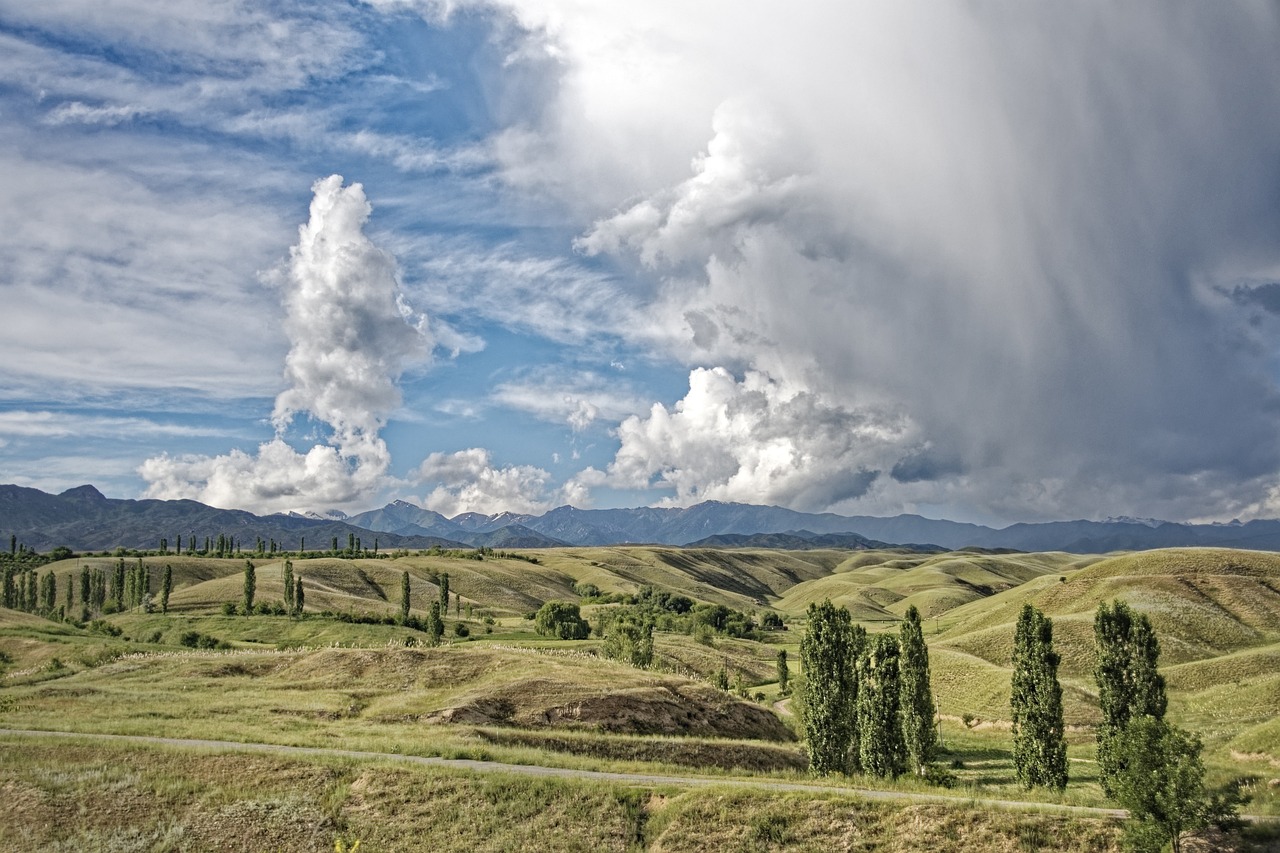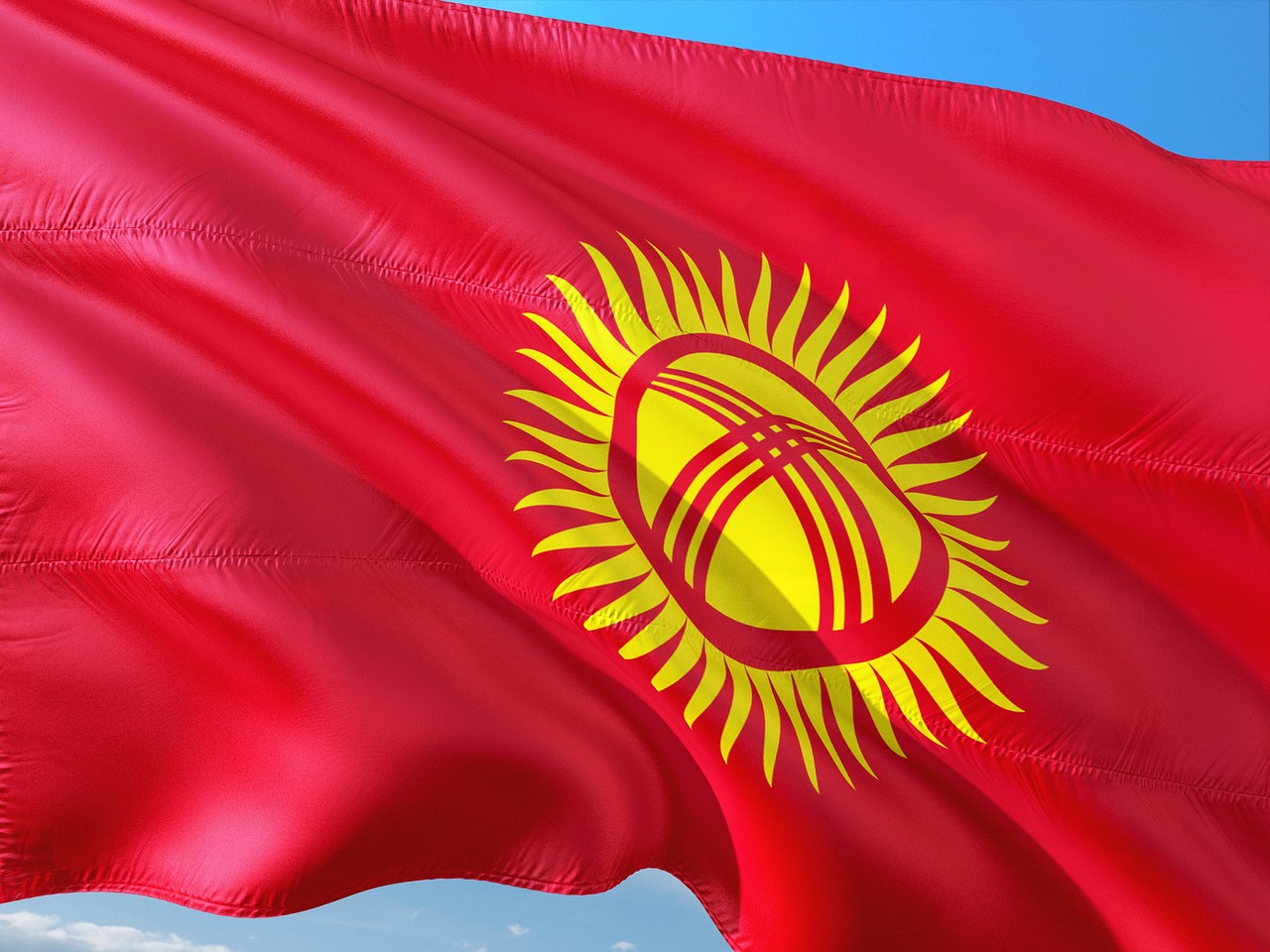Cultural Sensitivities: Understanding Local Norms in Kyrgyzstan
Kyrgyzstan is a country located in Central Asia, known for its stunning landscapes, rich history, and vibrant culture. When visiting or interacting with the locals in Kyrgyzstan, it is important to be aware of and respect the cultural sensitivities and local norms. This article aims to provide a comprehensive guide to understanding and navigating these cultural sensitivities in Kyrgyzstan.
Traditional Clothing and Etiquette
When it comes to clothing, traditional Kyrgyz attire is still widely worn in rural areas and during special occasions. The traditional clothing for men is called “jarqap” and consists of a long robe-like garment with a belt. Women traditionally wear a “beldemchi” or a long dress with an apron. It is considered respectful to dress modestly and follow the local dress code, especially when visiting religious sites or attending formal events.
- Head Coverings: In some areas, women may wear headscarves as a sign of modesty and respect. It is advisable to carry a scarf or shawl to cover your head when needed.
- Removing Shoes: When entering someone’s home or a mosque, it is customary to remove your shoes. Pay attention to cues from the host or others to determine if this is expected.
- Greetings: The traditional greeting in Kyrgyzstan is a handshake, accompanied by a slight nod of the head. It is polite to greet elders first and use formal terms of address such as “salam” (hello) or “rakhmat” (thank you).
- Dining Etiquette: When invited to someone’s home for a meal, it is customary to bring a small gift such as sweets or fruits. It is polite to accept second helpings and finish what is on your plate to show appreciation.
Religious Practices
Islam is the predominant religion in Kyrgyzstan, with the majority of the population being Sunni Muslims. It is important to be respectful of religious practices and customs when visiting religious sites or interacting with the locals.
- Mosques: When visiting a mosque, it is important to dress modestly and remove your shoes before entering. Women may be required to cover their heads with a scarf or shawl.
- Prayer Times: Muslims pray five times a day, and it is customary for Muslims to pause and pray during these times. Avoid scheduling meetings or activities that may conflict with prayer times.
- Fasting: During the holy month of Ramadan, Muslims fast from sunrise to sunset. It is respectful to refrain from eating, drinking, or smoking in public during this time, even if you are not fasting.
- Pork and Alcohol: Consumption of pork and alcohol is prohibited in Islam. Respect local customs and avoid consuming or carrying these items in public.
Gender Roles and Social Interactions
Gender roles and social interactions in Kyrgyzstan are influenced by traditional values and customs. Understanding and respecting these norms is crucial for cultural sensitivity.
- Gender Separation: In some traditional settings, there may be gender segregation, especially during social gatherings or religious events. Respect the customs and avoid questioning or challenging these practices.
- Public Displays of Affection: Public displays of affection, such as kissing or hugging, are not common in Kyrgyz culture. It is advisable to show restraint and avoid such displays in public.
- Elders: Respect for elders is deeply ingrained in Kyrgyz culture. It is important to show deference and listen attentively to elders when they speak.
- Gift Giving: Gifts are an important part of social interactions in Kyrgyzstan. It is customary to bring a small gift when visiting someone’s home or when invited to a special occasion.
Hospitality and Guest Etiquette
Kyrgyz people are known for their warm hospitality and generosity towards guests. Understanding the etiquette surrounding guest-host relationships is essential for a positive experience.
- Guest Etiquette: As a guest, it is important to show appreciation for the host’s hospitality. Express gratitude and avoid criticizing or refusing food or drink offerings.
- Gifts for the Host: It is customary to bring a small gift for the host when visiting someone’s home. This can be a token of appreciation, such as chocolates or flowers.
- Offering Tea: Tea is a symbol of hospitality in Kyrgyzstan. It is common for hosts to offer tea to guests upon arrival. Accepting the tea is a sign of respect and appreciation.
- Polite Refusals: If you are unable to accept food or drink offerings, it is important to politely decline and explain the reason without causing offense.
Environmental Respect
Kyrgyzstan is blessed with breathtaking natural beauty, and it is essential to respect and preserve the environment during your visit.
- Littering: It is important to dispose of trash responsibly and avoid littering. Carry a small bag for your trash and dispose of it in designated bins.
- Nature Conservation: Be mindful of the fragile ecosystems and wildlife in national parks and natural reserves. Follow designated trails and avoid disturbing plants or animals.
- Water Conservation: Kyrgyzstan is a mountainous country with limited water resources. Conserve water by taking shorter showers and turning off taps when not in use.
- Responsible Tourism: Support local communities and businesses by choosing responsible tourism operators who prioritize sustainability and respect for local culture and traditions.
Image 1: Kyrgyzstan

Traditional Cuisine
Kyrgyz cuisine is a reflection of the country’s nomadic heritage and includes hearty dishes made with locally sourced ingredients. Familiarizing yourself with the traditional cuisine will enhance your culinary experience in Kyrgyzstan.
- Beshbarmak: A traditional Kyrgyz dish consisting of boiled meat (usually lamb or beef) served on a bed of flat noodles. It is often accompanied by a rich meat broth.
- Manty: Steamed dumplings filled with minced meat and onions. Manty can be found in various shapes and sizes and are often served with sour cream.
- Laghman: A noodle dish with stir-fried vegetables and meat, usually beef or lamb. It is seasoned with spices and can be served as a soup or a dry dish.
- Shashlik: Grilled skewered meat, typically marinated in a mixture of spices and served with bread and fresh vegetables.
Image 2: Kyrgyzstan

Arts and Crafts
Kyrgyzstan has a rich tradition of arts and crafts, with many skilled artisans producing beautiful handmade items. Exploring the local arts and crafts scene can offer unique insights into the culture and traditions of Kyrgyzstan.
- Felt Crafts: Felt-making is a traditional craft in Kyrgyzstan, and felt products such as rugs, hats, and slippers are popular souvenirs.
- Embroidery: Intricate embroidery is a significant part of Kyrgyz culture. Traditional patterns and designs can be found on clothing, accessories, and home decor items.
- Wood Carving: Skilled woodworkers create intricate carvings on wooden objects like furniture, musical instruments, and decorative pieces.
- Jewelry: Kyrgyz jewelry is known for its unique designs and craftsmanship. Silver and semi-precious stones are commonly used to create exquisite pieces.
Image 3: Kyrgyzstan

Conclusion
By understanding and respecting the cultural sensitivities and local norms in Kyrgyzstan, you can have a more immersive and enriching experience during your visit. Remember to dress modestly, be respectful of religious practices, and show appreciation for the warm hospitality of the Kyrgyz people. Enjoy the stunning landscapes, indulge in traditional cuisine, and explore the vibrant arts and crafts scene to truly appreciate the unique culture of Kyrgyzstan.
References
- kyrgyzstan.travel
- discoverkyrgyzstan.org
- cultureofkyrgyzstan.com
- centralasia-guide.com


